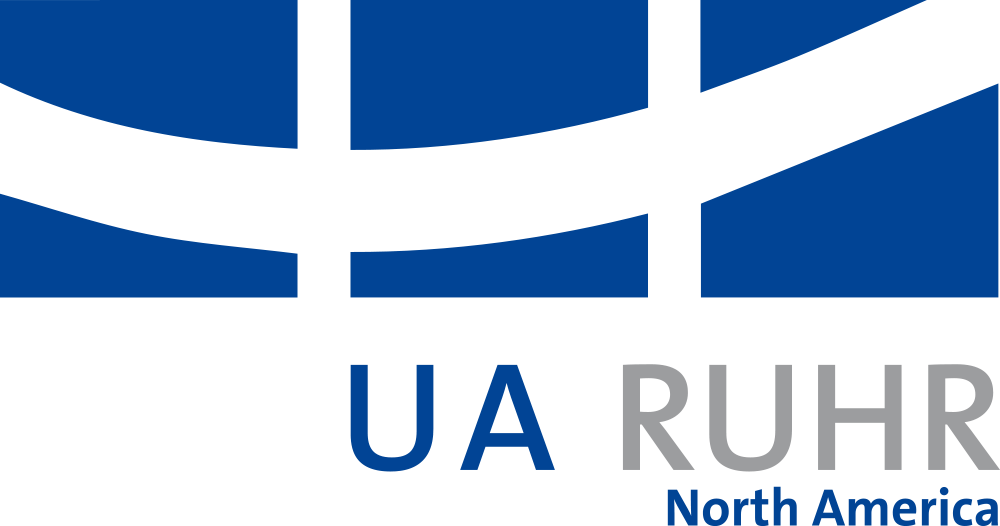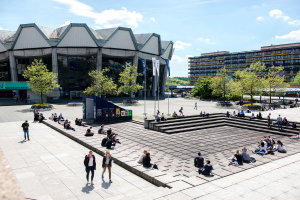
Research Profile RUB
Research Profile RUB
The universities of UA Ruhr offer a broad variety of cutting-edge research that transcends disciplinary borders and achieves international recognition. The collegial nature within and between disciplines and institutions is one of the true hallmarks of the Ruhr Area. Students, scientists, and scholars who come to the UA Ruhr universities become part of a down-to-earth and close-knit network of research institutes and companies whose impact stretches far beyond the Ruhr Area.
The universities of UA Ruhr offer a broad variety of cutting-edge research that transcends disciplinary borders and achieves international recognition. The collegial nature within and between disciplines and institutions is one of the true hallmarks of the Ruhr Area. Students, scientists, and scholars who come to the UA Ruhr universities become part of a down-to-earth and close-knit network of research institutes and companies whose impact stretches far beyond the Ruhr Area.


